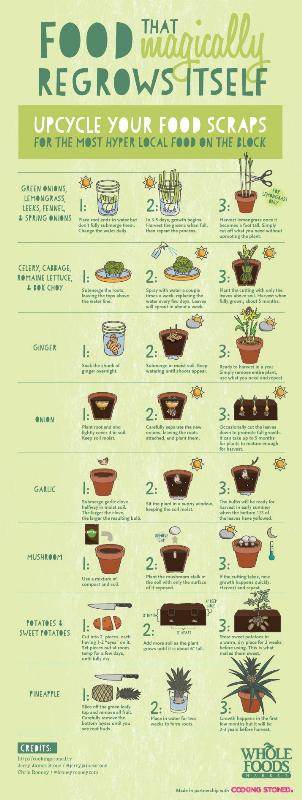Judging by the height of your sunflowers, you have decent soil to start with, which makes everything so much easier

There are a myriad of possibilities - swales and a food forest approach, for one. You could keep lawn between bands of trees on the berms below the swales, or go for alley cropping in between, or some of each. Hugelkultur can increase your growing area and let you make beneficial microclimates, as well as adding some interesting visual character to the yard.
Orientation is very important in determining many things - what to plant, what strategies for earthworks (texturing the land to create optimized microclimates). Growing season - how long, is your area prone to late frosts in the spring, or early frosts in the fall? There are strategies to minimize the impact of both of these on your plants.
You can focus on perennials over annuals, with a resultant decrease in the amount of work you need to do each year to get yield from your land.
But so much of this is dependent upon what you want and need. For example, a food forest that focused on producing bunches of fruit and nuts would be a bad idea for a family with a tree nut allergy! And the fruit and nut trees will take several years before they become productive. In the meantime you can grow faster maturing items that will let you get yields this year and next, but which ones ? Depends so much on what your family likes and where you are.
In my current situation I focus on annuals and go for things I like and where the homegrown versions are so dramatically better than store bought it just seems obvious

In the future, I will still have those annuals, but I will also be developing perennials and grouping the annuals in amongst the perennials. There will be a food forest, and we will most probably rotate alley cropping and livestock grazing through that food forest.
Gardening/farming/homesteading involves some hard work and some disappointment (my potatoes this year started off like gangbusters, we were really excited about how well they were doing! and so was something else, that came along under the mulch and chomped off every plant just above ground level. All that work and the elation of how well they were growing, smashed. But on the other hand, our
compost pile has produced enormous squash vines that are completely volunteer and producing well for us. We've harvested bunches of green beans, the cowpeas are producing well and our tomatoes are (mostly) thriving - including, again, a number of volunteers.
So some failures where one hoped for success, some successes where one had no expectations at all and some things going pretty much as planned. It takes a certain determined optimism to be a gardener, on any scale


 1
1






































































